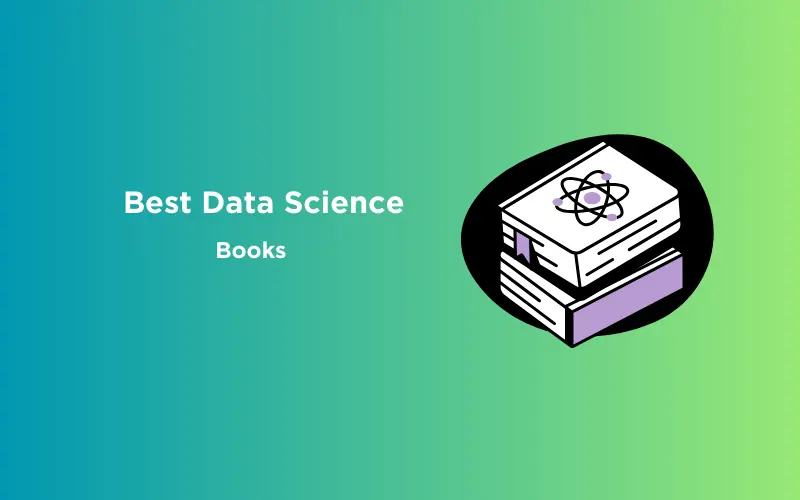
Best Data Science Books to Learn in 2025
Mar 01, 2025 4 Min Read 3718 Views
(Last Updated)
Today, we’re going to talk about something really cool: data science. It’s all about using data to make smart decisions and create amazing things. You know, like predicting what people want or finding new ways to help people. Now, if you want to become a data scientist, you might wonder where to start. It’s a big adventure, and we have a special secret weapon to help you on your journey: books.
In this blog, we’ll recommend some great data science books that can help you get started on this exciting data science career path. Books explain everything in a way you can understand, and you can take your time reading them, make notes, and really learn the concepts.
Table of contents
- Best Data Science Books to Learn
- Foundational Concepts in Data Science
- A. "Data Science for Business" by Foster Provost and Tom Fawcett
- B. "Python for Data Analysis" by Wes McKinney
- Data Science Visualization and Exploration
- A. "Storytelling with Data" by Cole Nussbaumer Knaflic
- B. "Mastering Matplotlib" by Duncan M. McGreggor
- Data Science Statistical Analysis
- A. "Introduction to the Practice of Statistics" by David S. Moore, George P. McCabe, and Bruce A. Craig
- B. "The Art of Data Science" by Roger D. Peng
- Machine Learning for Data Science
- A. "Introduction to Machine Learning with Python" by Andreas C. Müller and Sarah Guido
- B. "Pattern Recognition and Machine Learning" by Christopher M. Bishop
- Specialized Topics in Data Science
- A. "Deep Learning" by Ian Goodfellow and Yoshua Bengio
- B. "Natural Language Processing in Action" by Lane, Howard, and Hapke
- Conclusion
- FAQs
- What makes books a good resource for learning data science compared to online courses and tutorials?
- Are there specific books recommended for beginners in data science, especially those without a technical background?
- What books are recommended for more advanced data scientists looking to deepen their knowledge in specific areas of data science, like machine learning or big data?
Best Data Science Books to Learn
Let’s read about the best data science books in terms of concepts:
Foundational Concepts in Data Science
Foundational Concepts are the building blocks of data science. They help you understand the basics, so let’s dive into two fantastic books to get you started:
A. “Data Science for Business” by Foster Provost and Tom Fawcett
This book is a friendly mentor, introducing you to the fundamental ideas of data science in a way that’s easy to grasp. You’ll learn what data science is all about, even if you’re a complete beginner. Data-driven decision-making is like making choices based on facts, not just guesses. This book shows you how to do it. You’ll discover how data can be your secret weapon for making smart decisions in business.
Before we move into the next section, ensure you have a good grip on data science essentials like Python, MongoDB, Pandas, NumPy, Tableau & PowerBI Data Methods. If you are looking for a detailed course on Data Science, you can join GUVI’s Data Science Course with Placement Assistance. You’ll also learn about the trending tools and technologies and work on some real-time projects.
Additionally, if you want to explore Python through a self-paced course, try GUVI’s Python course.
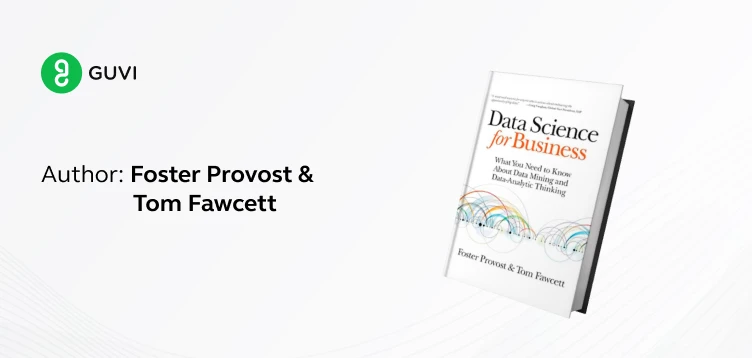
B. “Python for Data Analysis” by Wes McKinney
Python is like the superstar language of data science. This book will tell you why. It explains why Python is so important and how it’s used to work with data. Pandas is a super cool Python library that helps you handle data like a pro. In this book, you’ll learn how to use Pandas for things like cleaning up messy data and making it ready for analysis.
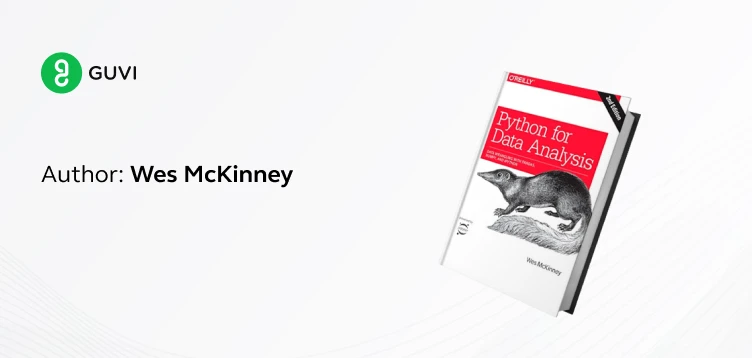
These books are your trusty companions on your journey to becoming a data science pro.
Find out Useful Python Libraries & Tools for Data Science Beginners
Data Science Visualization and Exploration
Data Visualization and Exploration are the artists’ corner of data science. Here are two great books to help you become a data visualization maestro:
A. “Storytelling with Data” by Cole Nussbaumer Knaflic
This book is your gateway to the beautiful world of data visualization. It teaches you how to turn raw data into compelling visuals, making your data speak for itself. Data stories are like exciting tales you tell with your data. This book will show you how to weave narratives around your data to make it understandable and memorable.
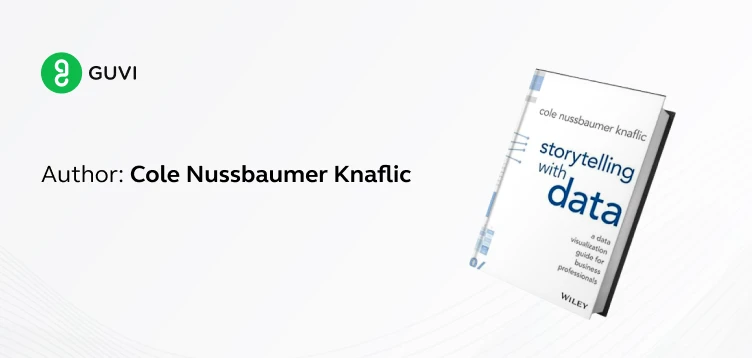
Explore Top 8 Data Visualization Tools- Go Easy With Your Data!
B. “Mastering Matplotlib” by Duncan M. McGreggor
Matplotlib is a fantastic Python library for creating all sorts of data visualizations. This book is your Matplotlib mentor, teaching you how to use it like a pro. Not only will you learn how to create plots, but you’ll also learn how to make them look really nice. This is important because beautiful plots help your audience understand your data better.
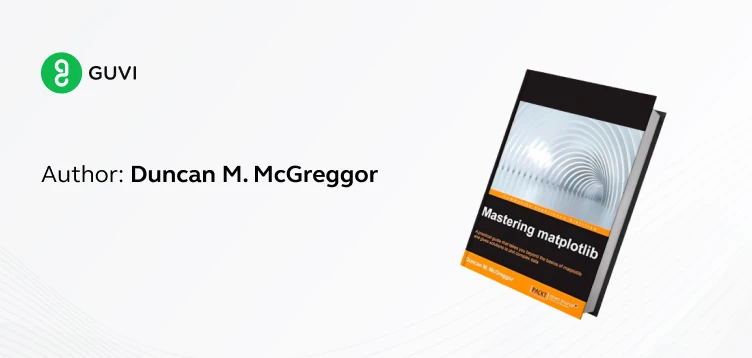
These books are your brushes and canvases for creating stunning data visualizations. With these skills, you’ll be able to share your data stories effectively and make your insights shine.
Data Science Statistical Analysis
Statistical Analysis is the detective work of data science. It helps you uncover hidden patterns and make sense of data. Here are two books to guide you through the world of statistics:
A. “Introduction to the Practice of Statistics” by David S. Moore, George P. McCabe, and Bruce A. Craig
This book is your gateway to understanding the core concepts of statistics. It covers things like probability, data distributions, and hypothesis testing. Statistics isn’t just theory; it’s a practical tool for data scientists. This book will show you how to apply statistical methods to real-world data problems.
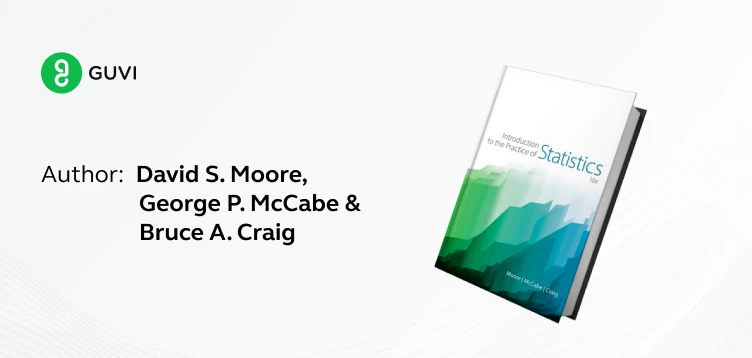
B. “The Art of Data Science” by Roger D. Peng
This book is a bridge between statistics and data science. It shows you how to use statistical methods in your data projects, making your insights more powerful. Hands-on learning is the best way to understand statistics. This book is filled with exercises that help you practice and master statistical techniques.
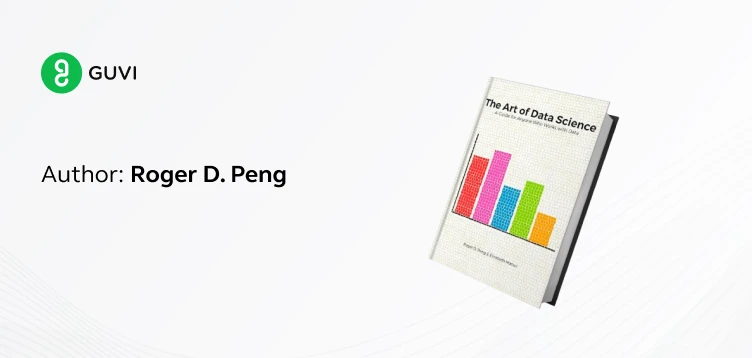
These books are your treasure trove for mastering statistics, an essential skill for any data scientist.
Machine Learning for Data Science
Machine Learning is the magic of making computers learn from data. Here are two amazing books to help you become a machine-learning wizard:
A. “Introduction to Machine Learning with Python” by Andreas C. Müller and Sarah Guido
This book is a friendly guide to the world of machine learning. It will introduce you to the basics, and the best part is that it’s in Python, a super popular language. Learning with examples is the best way to understand machine learning. This book is filled with practical cases that will show you how machine learning is used in the real world.
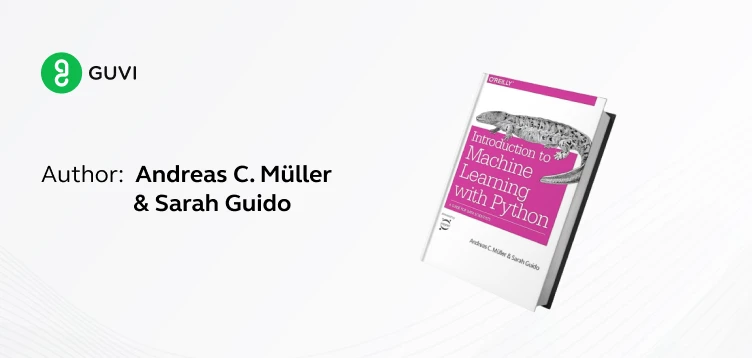
B. “Pattern Recognition and Machine Learning” by Christopher M. Bishop
This book is a deep-sea dive into the world of machine learning algorithms. It goes beyond the basics and takes you into the more advanced stuff. To be a true machine learning expert, you need to understand the math behind it. This book will help you unravel the math mysteries.
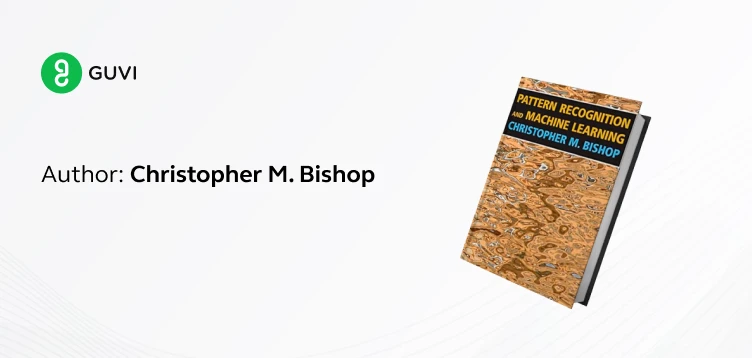
These books are your passports to the exciting universe of machine learning. With them, you’ll be able to create models that can learn from data, make predictions, and solve problems.
Specialized Topics in Data Science
Specialized Topics in data science take you into exciting territories. Here are two books to explore advanced subjects:
A. “Deep Learning” by Ian Goodfellow and Yoshua Bengio
Deep learning is like the brains behind many AI systems. This book is your guide to understanding deep learning and how neural networks work. If you want to go beyond the basics, this book covers advanced deep-learning concepts. It’s your passport to becoming a deep-learning expert.
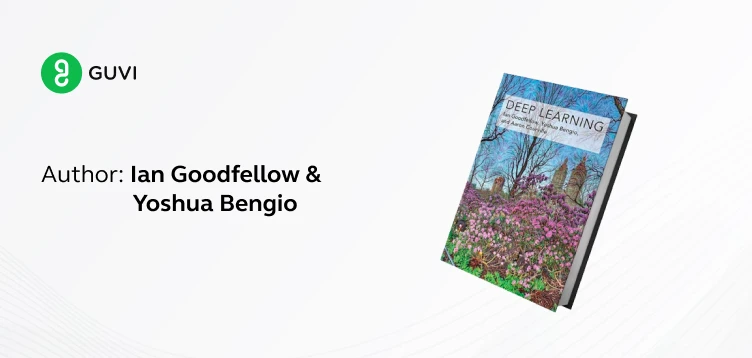
B. “Natural Language Processing in Action” by Lane, Howard, and Hapke
Natural Language Processing (NLP) is about making computers understand human language. This book introduces you to NLP and how it’s used in data science. Learning is best when you see it in action. This book contains examples showing you how to use NLP to solve real-world problems.
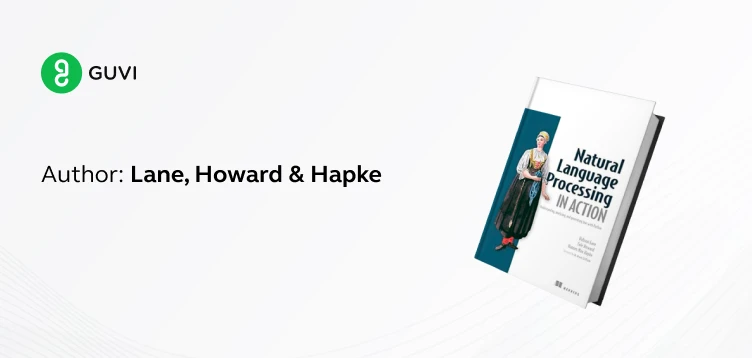
These books are your guides to the advanced aspects of data science, such as deep learning and NLP. With these skills, you’ll be able to work on cutting-edge projects and tackle complex challenges in the field.
Kickstart your Data Science journey by enrolling in GUVI’s Data Science Course where you will master technologies like MongoDB, Tableau, PowerBi, Pandas, etc., and build interesting real-life projects.
Alternatively, if you would like to explore Python through a Self-paced course, try GUVI’s Python certification course.
Conclusion
Learning doesn’t stop with these books. Data science is always changing, so it’s important to keep learning. Take more courses, talk to other people in data science, and try new things. This way, you’ll stay at the top of your data game.
So, what are you waiting for? These books are your super cool helpers on your data science journey. They’ll teach you so much and help you become a data science superhero. Grab these books, read them, practice what you learn, and soon you’ll be a data science pro. Have fun learning!
FAQs
Books provide structured, in-depth content that can be absorbed at your own pace. They often include practical examples, exercises, and detailed explanations, making them excellent resources for thorough understanding. Books can serve as comprehensive references, allowing readers to revisit and reinforce their knowledge over time.
Yes, some books are tailored for beginners. For instance, “Data Science for Business” is an excellent starting point, as it introduces key data science concepts in a beginner-friendly way. “Python for Data Analysis” is also beginner-friendly and focuses on using Python, a user-friendly programming language.
Advanced data scientists may benefit from “Pattern Recognition and Machine Learning” for a deeper dive into machine learning algorithms. “Deep Learning” is another advanced text that delves into the complex field of deep learning and neural networks. For those interested in big data, “Hadoop: The Definitive Guide” is a comprehensive resource.

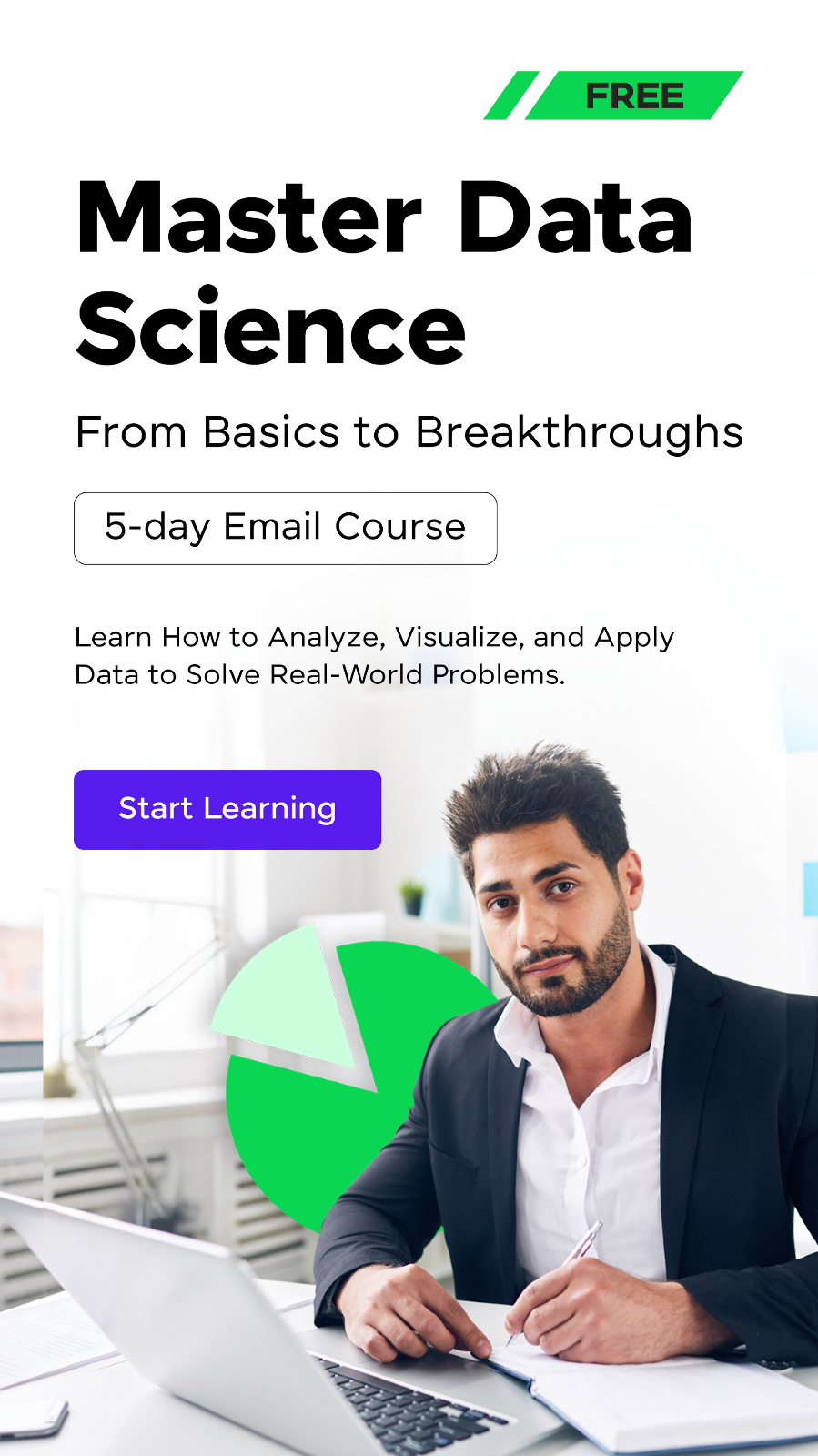














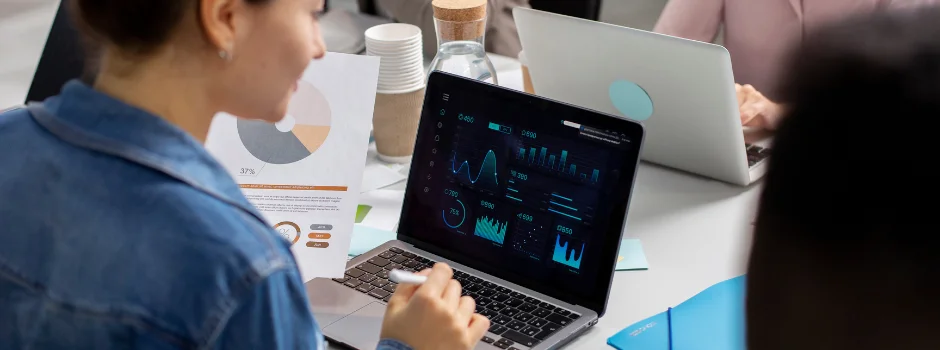
![Top Data Science Programming Languages All Beginners Must Know [2025] 14 data science programming language](https://www.guvi.in/blog/wp-content/uploads/2025/06/Feature-Image-3.png)
![Top 40 Data Science Interview Questions for Freshers [2025] 15 data science interview questions for freshers](https://www.guvi.in/blog/wp-content/uploads/2025/06/Top-40-Data-Science-Interview-Questions-for-Freshers-2025.png)

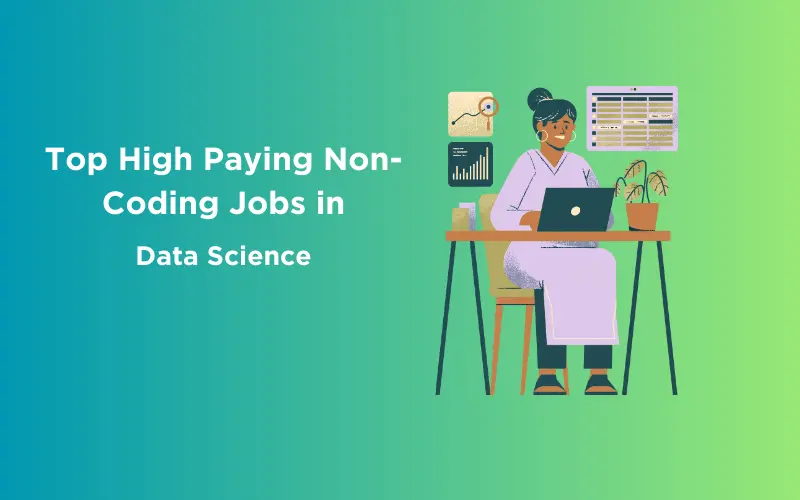
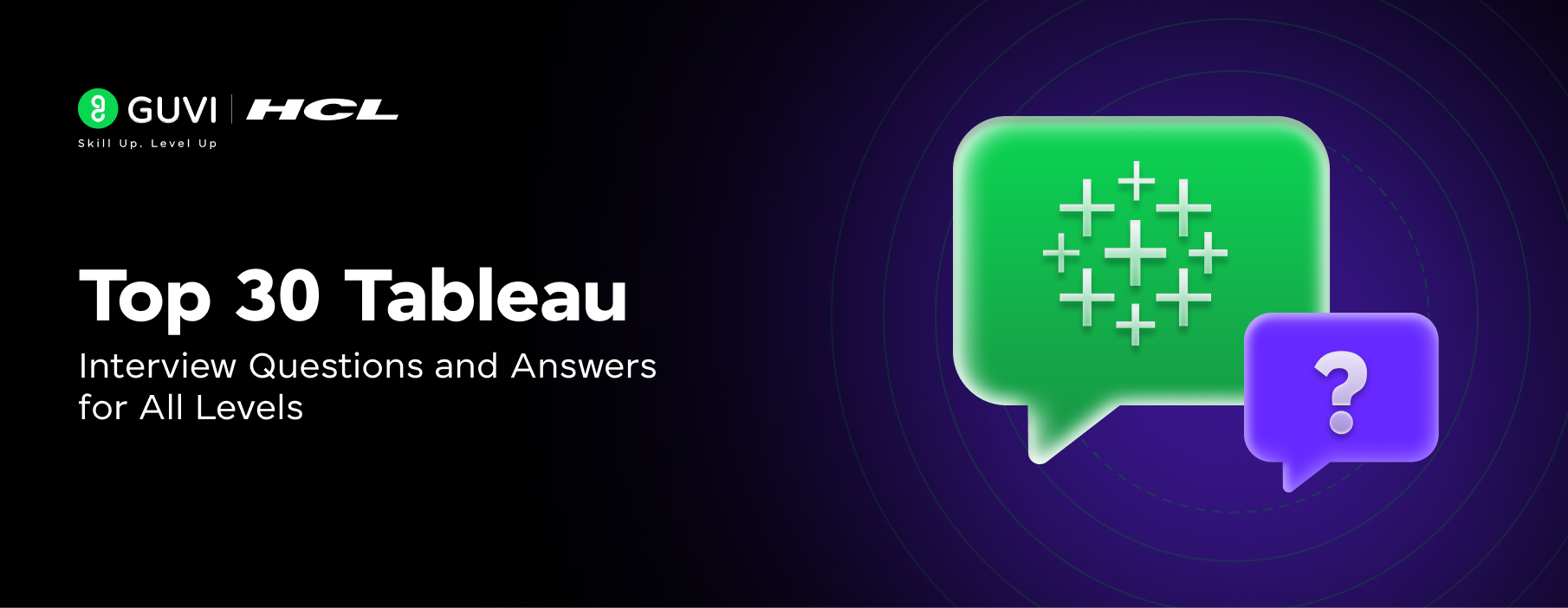
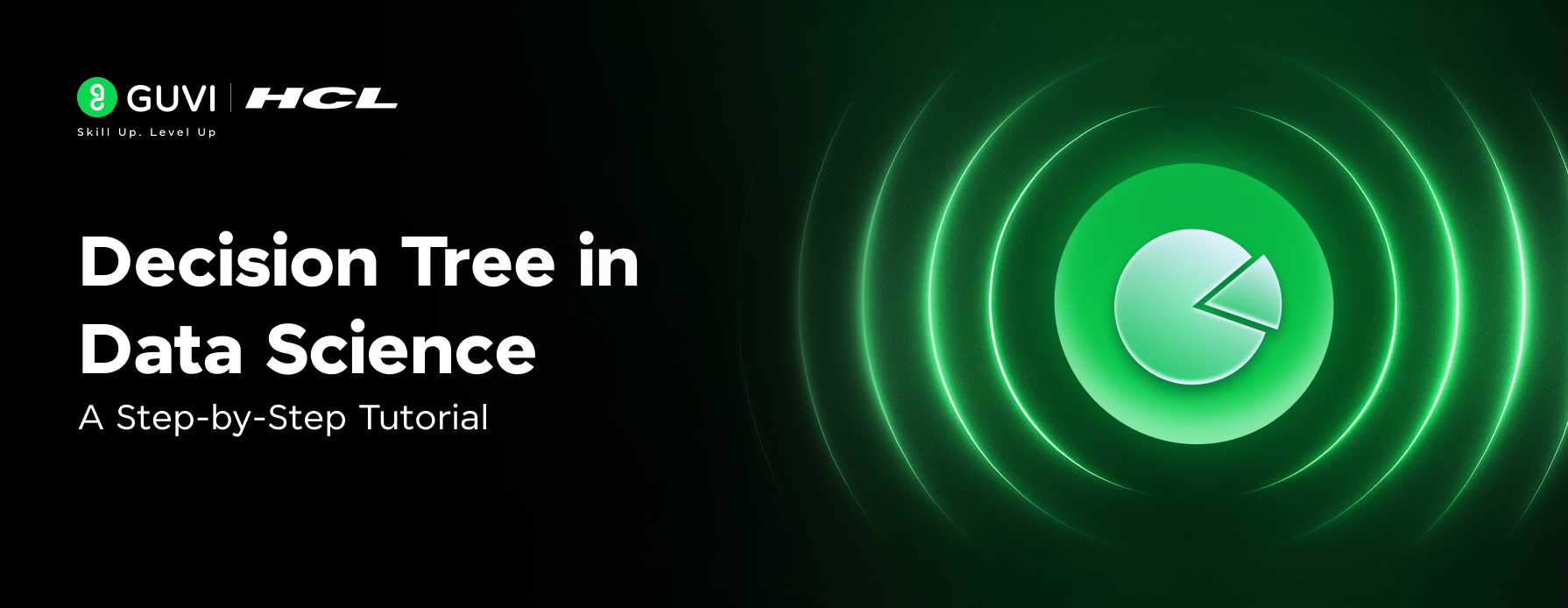
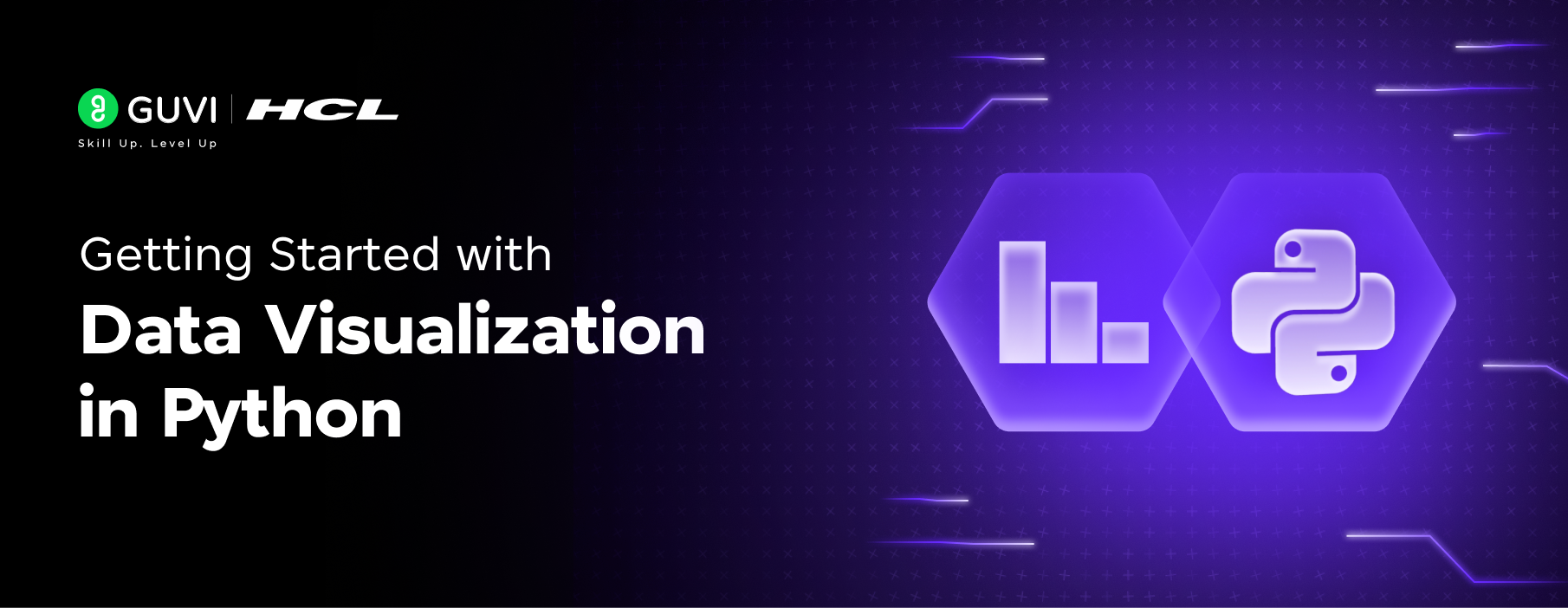

Did you enjoy this article?